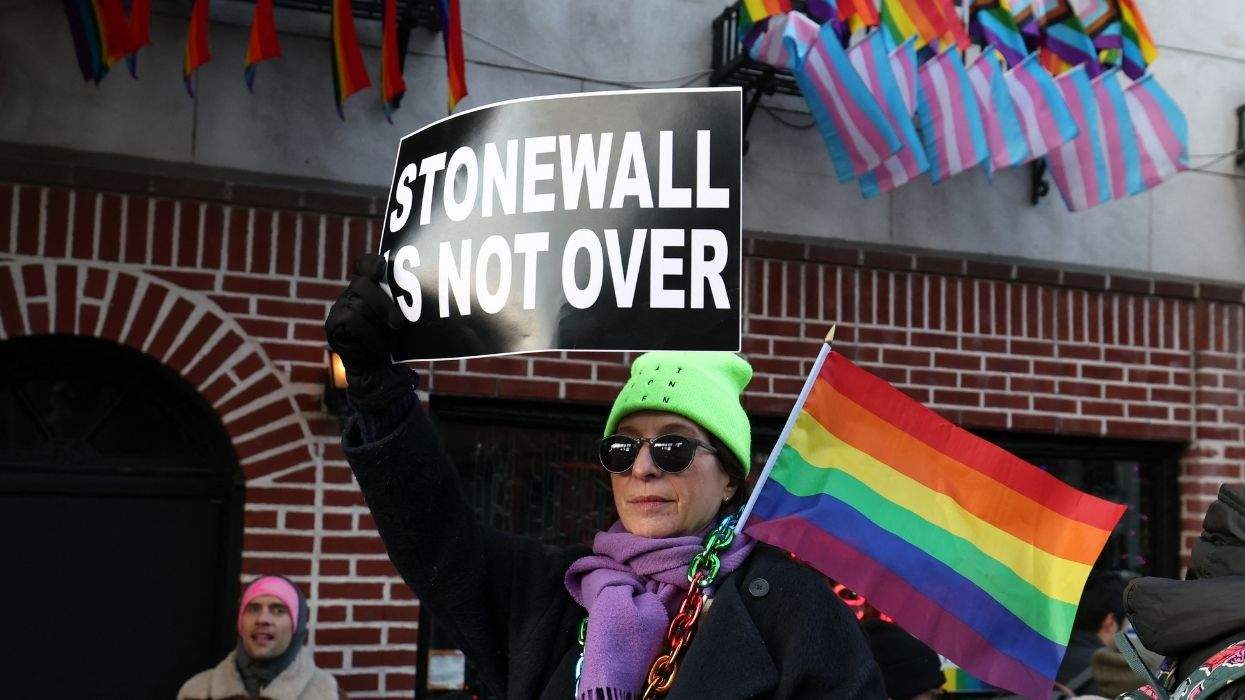Genetic factors related to male bisexuality often mean more risk-taking and fathering more children, according to a new study out of the University of Michigan.
For the study, published Wednesday in the journal Science Advances, the university’s researchers looked at information from 450,000 people, all of European ancestry, in the United Kingdom’s Biobank database of genetic and health information. The information included responses to a questionnaire, on which one of the questions was “Would you describe yourself as someone who takes risks?”
The research team “concluded that the genes underlying bisexual behavior are distinct from those driving exclusive same-sex behavior, and may be intertwined with a propensity for taking risks,” says an article in Science, a related journal.
“This connection to risk-taking, the authors suggest, may also explain why men with a history of bisexual behavior still have a reasonably high number of offspring, albeit fewer than heterosexual men, possibly explaining why the genes driving such sexual behavior have persisted,” the article continues.
The findings have been somewhat controversial, the article notes. There are fears that linking risk-taking to bisexuality may perpetuate false and harmful stereotypes about bi people and lead to discrimination.
But U of M biologist Jianzhi Zhang, lead author of the study, told Science that he and coauthor Siliang Song, a graduate student, “hold no moral judgment on risk-taking and believe [it] has pros and cons (depending on the situation), as almost any trait.”
In the study itself, the authors wrote, “The topic explored in this study intersects with sexuality and identity and potentially bears civil and political ramifications for sexual minority groups. We want to make it clear that our results predominantly contribute to the diversity, richness, and better understanding of human sexuality. They are not, in any way, intended to suggest or endorse discrimination on the basis of sexual behavior.”
They limited their research to people of European ancestry, they wrote, “to avoid spurious results caused by population stratification.” They added that because of this limit, “our results may or may not represent a general pattern across populations with diverse cultural, social, economic, and/or political environments.”
Some scientists, however, said the data may not be representative in a variety of other ways. “It is a study of sexual history, rather than sexual identity, and is not fully capturing the experiences of people who identify as bisexual,” Catherine Saunders, a University of Cambridge researcher who studies health in the LGBTQ+ community, told Science.
Also, most of the people whose data is in the U.K. Biobank are over 50 and therefore grew up in a time when homosexuality and bisexuality carried greater stigma, which may have affected how they answered questions, Yale School of Medicine geneticist Steven Reilly and others told the publication.
Zhang acknowledged that some of the data could be unreliable, but he said the subject is still worth studying. “Because that’s a controversy — is sexuality discrete or continuous? Do [homosexuality and bisexuality] have [a] different genetic basis or do they have the same genetic basis?” he told The Hill.















